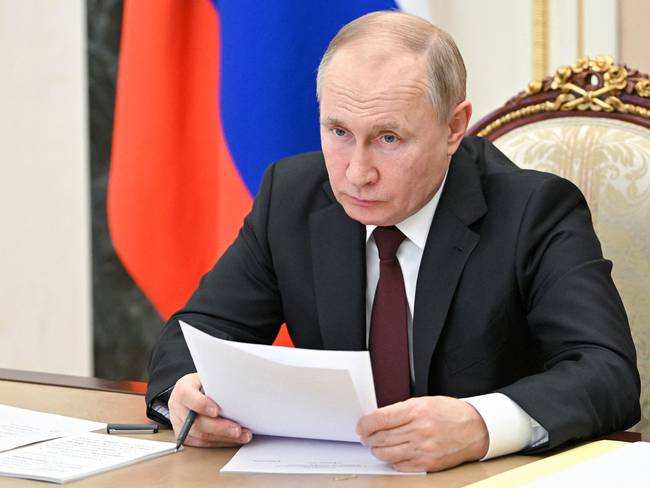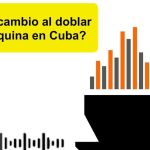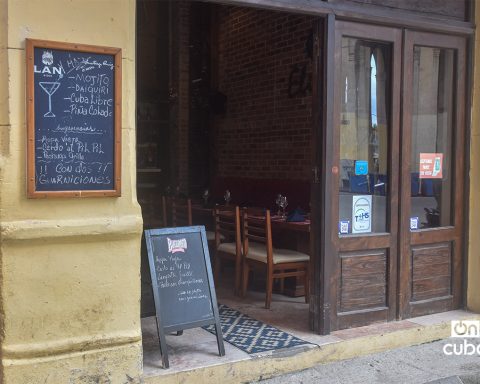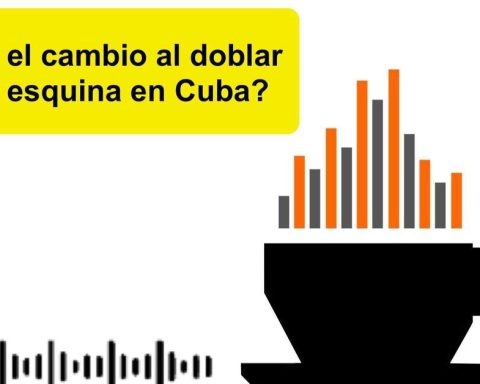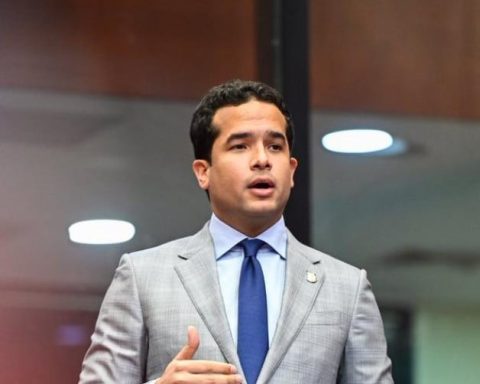A ruble at historic lows, the closure of the Moscow stock market, a drastic rise in interest rates… These are some of the consequences this Monday of the sanctions imposed on the Russian economy and finances.
One of the latest measures put in place was the freezing of part of the foreign exchange reserves of the Russian central bank abroad. These reserves are usually useful when trying to support the currency, which will now be much more difficult.
“The size of the reserves determines the credibility when it comes to defending the exchange rate,” recalls Niclas Poitiers, a researcher at the Bruegel Institute in Brussels.
“People have lost confidence in their financial system,” he adds, which explains the collapse of the Russian currency and the significant cash withdrawals of the population.
To support the ruble against sanctions, Moscow on Monday prohibited its residents from transferring foreign currency abroad and exporters will be forced to convert 80% of their income earned in foreign currencies into rubles from January 1, 2022.
Economic sanctions also include the freezing of banking and personal assets, the exclusion of certain banks from the SWIFT interbank exchange network, and export controls.
Among these sanctions, some will have a short-term effect, such as the freezing of assets of personalities considered close to the regime.
Others, on the other hand, will have a longer-term effect, such as restrictions on the export of electronic components, emphasizes Olivier Dorgans, a lawyer specializing in sanctions at the Ashurst cabinet.
The International Monetary Fund (IMF), which in January, before the invasion of Ukraine, pointed to a growth of 2.8% in Russia this year, warned on Thursday of a “major economic risk”.
The sanctions could hit Russian growth by 1 to 2 GDP points, analyst firm Capital Economics calculated on Friday, even before the central bank’s asset freeze or upcoming SWIFT network delisting.
It could also accelerate inflation by about 3 points, according to the consultancy.
The Russian central bank doubled its reference interest rate on Monday, taking it to 20%, with the consequent risk of slowing growth.
CAN THE SANCTIONS BE EVEN HARDER?
Western countries still have room for manoeuvre. Having announced that a number of Russian banks would be excluded from the SWIFT system, they could opt for a blanket exclusion.
However, this option is unlikely. “If we go too far, it’s bad for us,” senior European officials told AFP.
In addition, several banks could escape this exclusion to preserve the supply of energy to Europe. But according to the European deputy and economist Luis Garicano, “sanctions are worth nothing if we don’t attack energy”, which represents a large part of Russian GDP.
Another option, according to economist and University of California professor Gabriel Zucman, would be to target the tycoons’ portfolios by freezing their offshore assets more broadly.
RISKS FOR THE WORLD ECONOMY?
Since the beginning of the Russian conflict, the strategy has been to concentrate the effects of the sanctions on the Russian economy as much as possible and minimize the effects on the rest of the world.
But the conflict causes a rise in the prices of raw materials, putting pressure on international production chains, already greatly altered by the economic recovery after the pandemic.
Industrial companies are suffering, for example, from the rise in electricity prices, and airlines from fuel.
At the end of January, the IMF had already revised down its global growth forecasts for 2022, placing them at 4.4%, mainly due to a possible acceleration of inflation of 3.9% in developed countries.
With this conflict, “inflationary pressures have increased even as growth prospects have weakened,” Claudio Borio, head of the economics department at the Bank for International Settlements, said on Monday.
